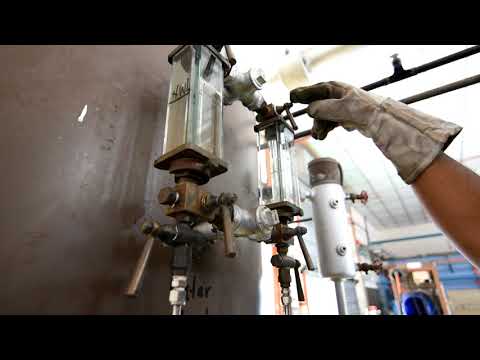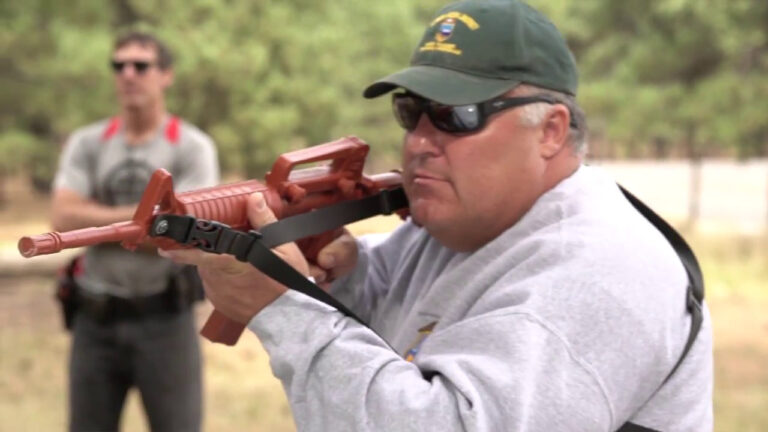Boilerman Job: Description & Salary – All You Need to Know!

Boilerman Job Description Template
A boilerman, also known as a boiler operator or boiler technician, is a skilled professional responsible for operating and maintaining boilers and related equipment in various industrial settings. Their primary duty is to ensure that boilers are functioning safely and efficiently to produce steam or hot water for heating, power generation, or other industrial processes. Knowledge: A boilerman must have a strong understanding of boiler systems, including their components, operations, and maintenance requirements. They should be knowledgeable about different types of boilers, such as firetube and watertube boilers, and be familiar with the principles of combustion and heat transfer. They should also possess a good understanding of safety regulations and procedures to prevent accidents and ensure compliance with industry standards. Skills: Attention to detail and strong problem-solving skills are essential for boilermen as they need to monitor boiler operations, detect any malfunctions or abnormalities, and take appropriate actions to rectify them. They should be skilled in operating various boiler controls and equipment, such as pumps, valves, and pressure regulators. Additionally, boilermen should be proficient in performing routine maintenance tasks, such as cleaning, inspecting, and repairing boilers to ensure their optimal performance. In summary, boilermen play a crucial role in maintaining the safe and efficient operation of boilers. Their knowledge of boiler systems and their skills in operating and maintaining boilers are vital for ensuring the uninterrupted production of steam or hot water in industrial facilities.Boilerman Responsibilities
Boilerman Requirements
How Much Does A Boilerman Make?
Boilerman Salary
| Experience Level | Annual Salary |
|---|---|
| Entry Level | $30,000 – $40,000 |
| Mid-Level | $40,000 – $60,000 |
| Experienced | $60,000 – $80,000 |
| Senior Level | $80,000 – $100,000+ |
Boilerman salary varies based on the experience level of the individual. Entry level boilermen typically earn an annual salary ranging from $30,000 to $40,000. Mid-level boilermen can expect to earn between $40,000 and $60,000 per year. Experienced boilermen with several years of experience can earn a salary in the range of $60,000 to $80,000 annually. Senior level boilermen, who have extensive experience and expertise, can earn $80,000 or more per year. It is important to note that these salary ranges are approximate and can vary depending on factors such as location, company size, and industry. Additionally, additional benefits such as bonuses, overtime pay, and health insurance may also be included in the overall compensation package for boilermen.
Boilerman Salaries by Country
Top Paying Countries for Boilerman
| Country | Average Salary (USD) |
|---|---|
| United States | $60,000 |
| Australia | $55,000 |
| Canada | $50,000 |
| United Kingdom | $45,000 |
| Norway | $40,000 |
Boilermen, also known as boiler operators, are responsible for maintaining and operating boilers, steam generators, and associated equipment. They play a crucial role in industries such as power generation, manufacturing, and heating systems.
When it comes to earning potential, the United States tops the list with an average salary of $60,000 per year for boilermen. Australia follows closely with an average salary of $55,000, while Canada offers an average salary of $50,000. The United Kingdom and Norway round out the top paying countries, with average salaries of $45,000 and $40,000, respectively.
It’s important to note that these figures are just averages and can vary depending on factors such as experience, qualifications, and location within each country. However, boilermen can generally expect competitive salaries in these top paying countries.
A video on the topic Boilerman
Video Source : Ts. ThandayuthapaniInterview Questions for Boilerman
1. What is a boilerman?
A boilerman is a skilled professional who operates and maintains boilers, which are used to generate steam or heat for various purposes.
2. What are the responsibilities of a boilerman?
A boilerman is responsible for monitoring and regulating boiler operations, conducting boiler inspections and maintenance, troubleshooting boiler issues, ensuring safety protocols are followed, and maintaining accurate records.
3. What skills are required to become a boilerman?
To become a boilerman, one needs to have a good understanding of boiler systems, knowledge of boiler safety procedures, mechanical aptitude, troubleshooting skills, ability to read technical manuals and blueprints, and strong attention to detail.
4. What are the common types of boilers that a boilerman may work with?
A boilerman may work with various types of boilers, including fire-tube boilers, water-tube boilers, electric boilers, biomass boilers, and steam generators.
5. How does a boilerman ensure boiler safety?
A boilerman ensures boiler safety by conducting regular inspections, monitoring pressure and temperature levels, checking for leaks or malfunctions, maintaining proper water levels, and following safety protocols and guidelines.
6. What are some common boiler issues that a boilerman may encounter?
Some common boiler issues include low water levels, high pressure, valve or pump malfunctions, leaks, sediment buildup, and flame failures.
7. How does a boilerman troubleshoot boiler problems?
A boilerman troubleshoots boiler problems by identifying the root cause of the issue, conducting necessary repairs or adjustments, replacing faulty components, and testing the boiler to ensure it is operating correctly.
8. What are the educational requirements to become a boilerman?
The educational requirements to become a boilerman vary by jurisdiction, but typically include a high school diploma or equivalent. Some states or countries may require completion of a vocational or technical training program in boiler operations.
9. What are the career prospects for a boilerman?
The career prospects for a boilerman can be promising, as boilers are widely used in industries such as power generation, manufacturing, healthcare, and hospitality. With experience and additional certifications, a boilerman can advance to supervisory or managerial roles.
10. What are some safety precautions that a boilerman should follow?
Some safety precautions that a boilerman should follow include wearing appropriate protective gear, understanding and following safety procedures, ensuring proper ventilation, being aware of potential hazards, and regularly maintaining and inspecting boiler equipment.






